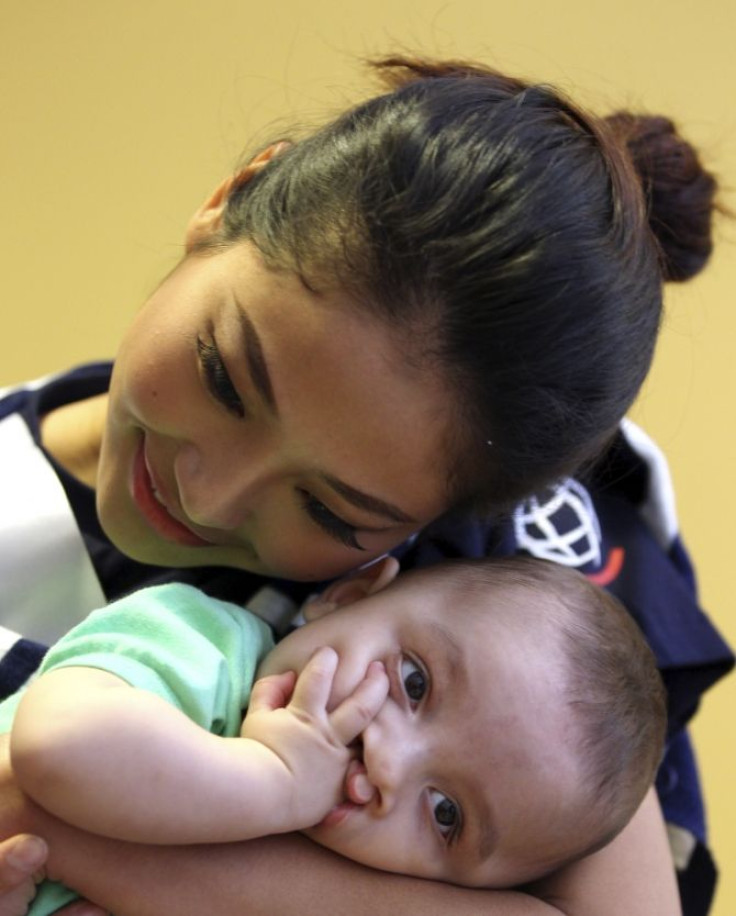Neglecting Folic Acid may Increase Risk of Facial Defects in Babies

A new study says that the risk of cleft lip and palate is four times higher in babies whose mothers did not take folic acid during the first trimester of pregnancy.
Cleft lip and cleft palate are birth defects that occur when a baby’s lip or mouth do not form properly, according to the Centers for Disease Control and Prevention (CDC).
“This study supports the hypothesis of a further significant role of a daily folic acid supplement of 0.4mg taken 4 weeks before conception and in the first 12 weeks of pregnancy in the prevention of Cleft Lip and Palate," Tom O’Dowd, a senior author on the paper said.
Researchers analyzed health records of more than 11,000 nine-month-old infants. They found that over a third of mothers did not take folic acid supplements before pregnancy and a small percentage of women didn't take these supplements during the first trimester.
U.S Food and drug Administration had authorized enrichment of grains with folic acid in March 1996 and had mandated compliance from 1998 to increase the amount of folic acid consumption in women.
A study published in the Journal of American Medical Association says that there was a 19 percent decline in babies born with neural tube defects (NTD) following folic acid fortification in U.S food supply.
Cleft lips are the result of various factors including genes, medications and diet. Cleft lips can be treated with surgery. However, some complications remain even after surgery like speech problems and ear infections.
Previous research has suggested a strong link associated with folic acid and prevention of cleft lips and palates. Other nutrients like vitamin B2 and B6 along with zinc might prevent cleft lips, the article said, but it hasn't been proven.
CDC estimates that each year 2,651 babies in the United States are born with a cleft palate and 4,437 babies are born with a cleft lip with or without a cleft palate. One in every 2,500 people has a cleft palate.
The study is published in the British Journal of General Practice.



























